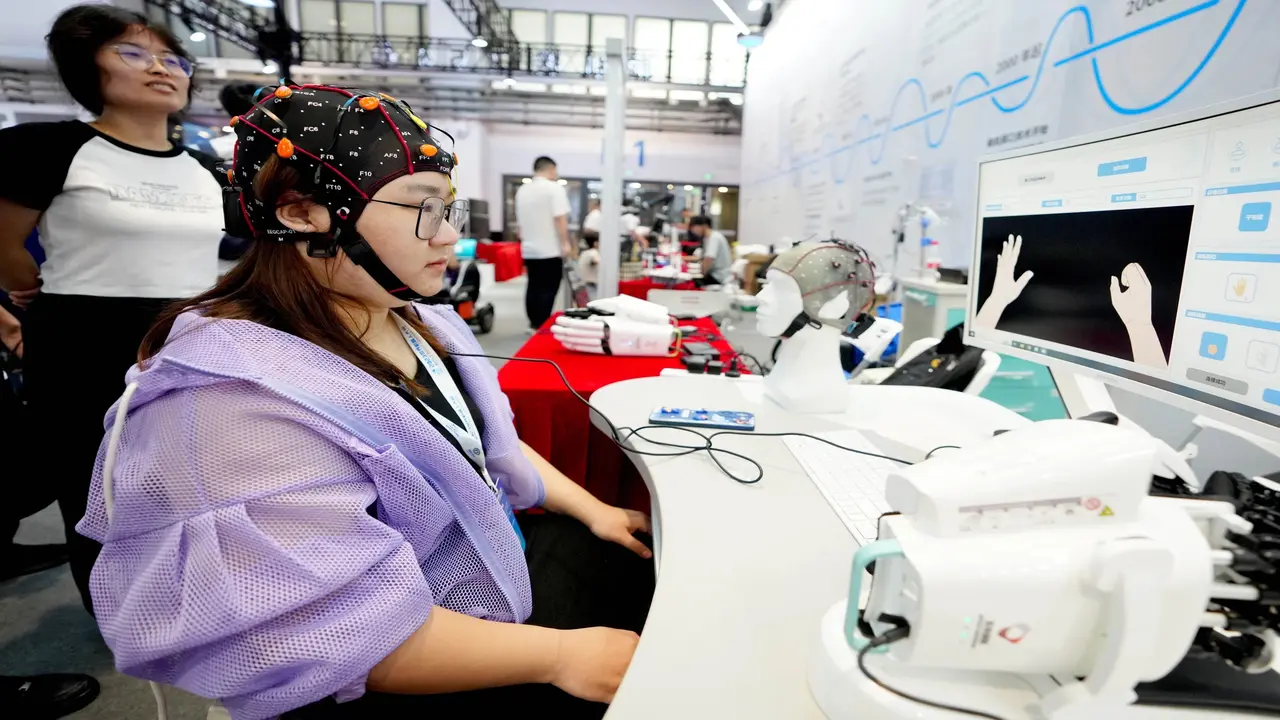China has taken a significant step in its race for global leadership in brain-computer interface (BCI) technology. The country has announced a new medical device standard in this field. The standard, titled “Terminology for Medical Devices Utilizing Brain-Computer Interface Technology,” will be implemented by China’s FDA counterpart on January 1, 2026.
China Accelerates Brain Chip Sector
While developments in BCI in recent years have generally been driven by Elon Musk’s Neuralink initiative, China is also accelerating its own efforts. Earlier this year, a quadriplegic patient playing racing games with a brain chip and another volunteer experiencing complex computer games were concrete examples of the country’s progress.

China has developed a government-led roadmap to combine its extensive research capacity with the potential of the private sector. This strategy involves collaboration between ministries and regulatory agencies.
The adoption of the new standard is seen as part of this larger strategy. Experts note that setting standards in a field provides significant advantages to that country or company. Widespread adoption of standards can propel a country to global leadership.
China’s goal is to largely overcome technical barriers by 2027. The country predicts that two or three major BCI companies capable of competing globally will emerge by 2030.
However, it is also known that there can sometimes be discrepancies between China’s technology goals and actual results. Therefore, some experts suggest that adding a few more years to the projected deadlines may be more realistic.














